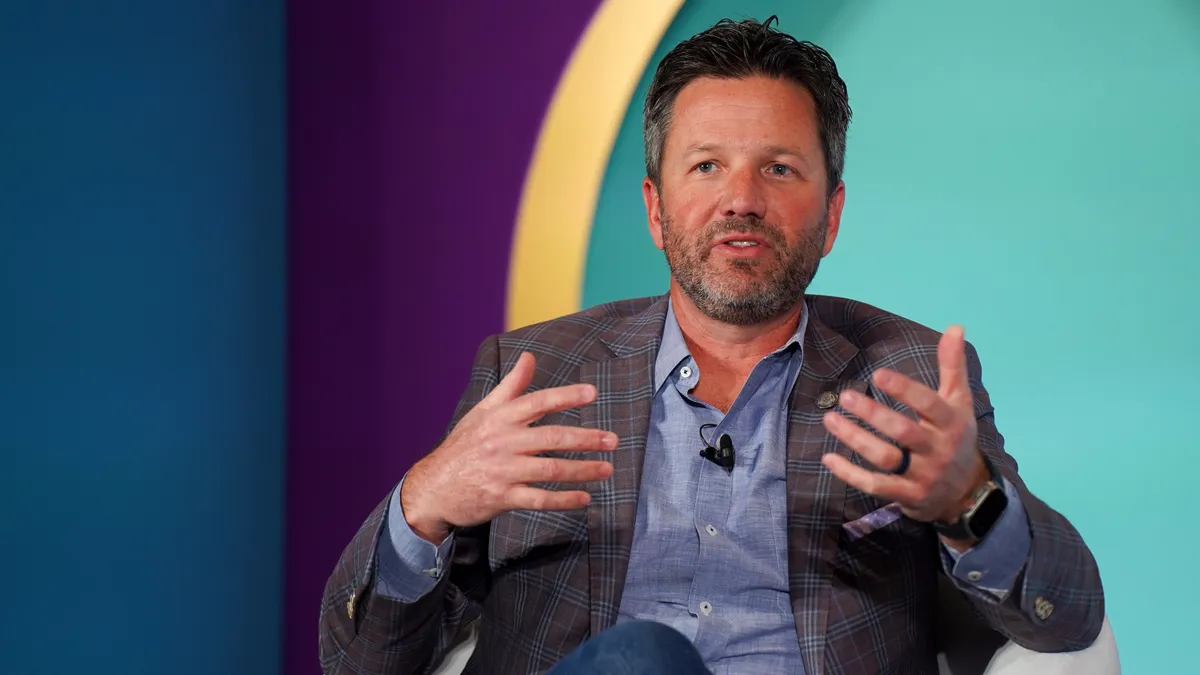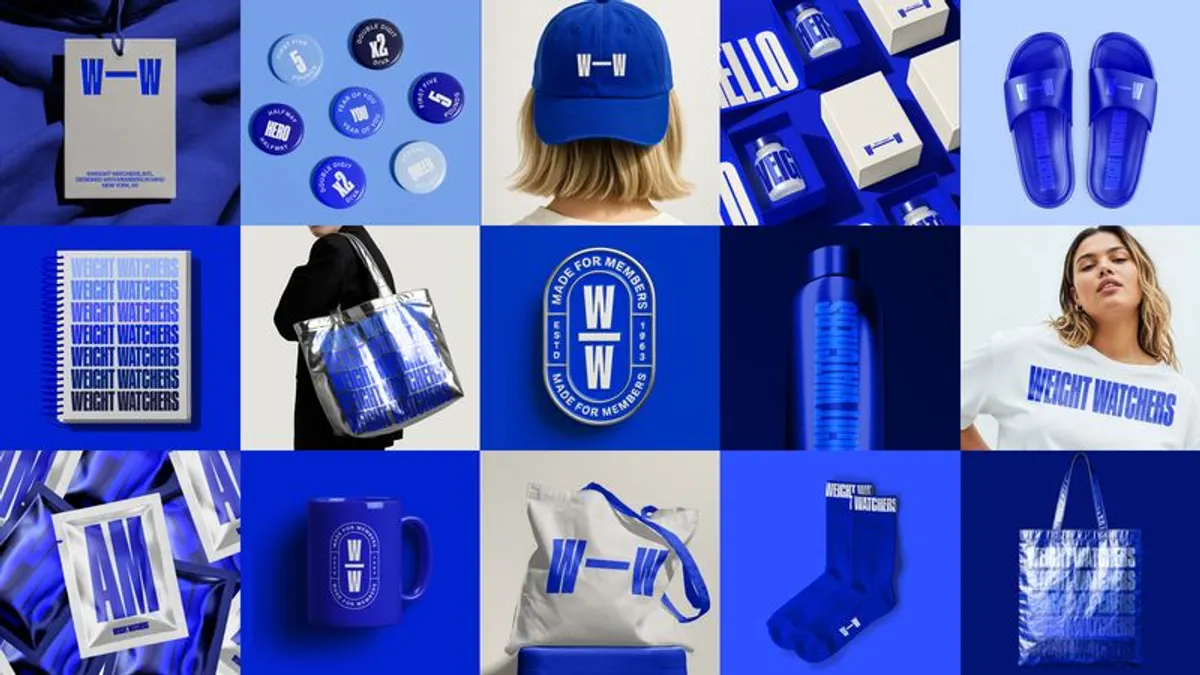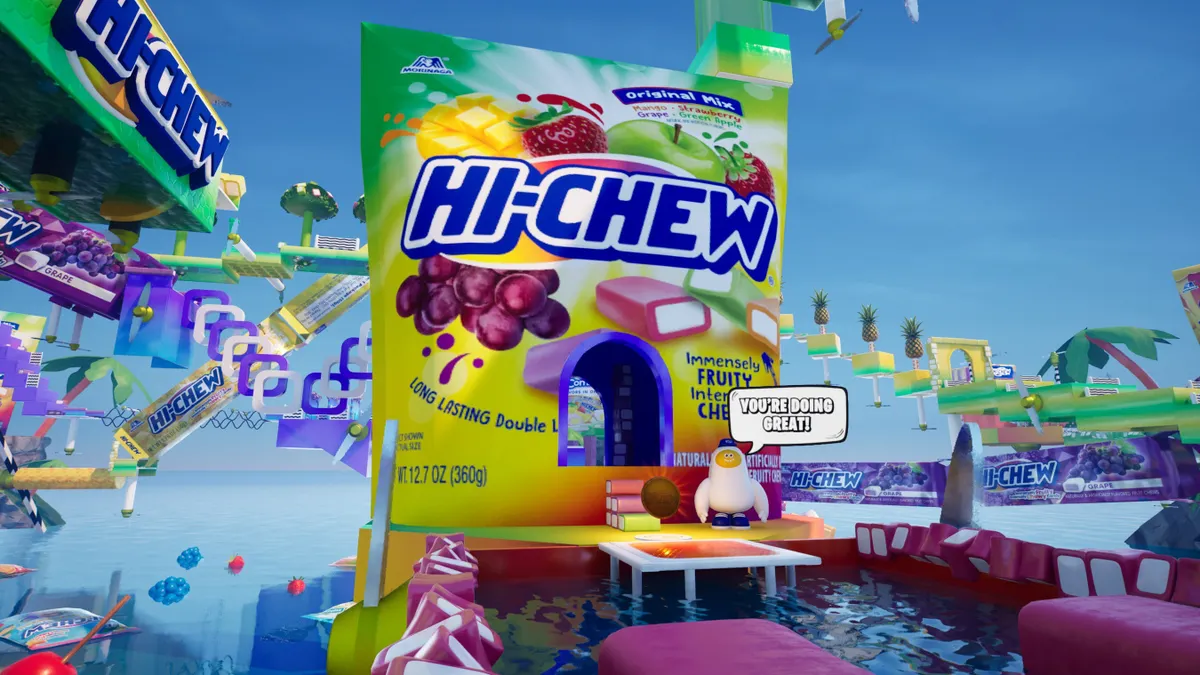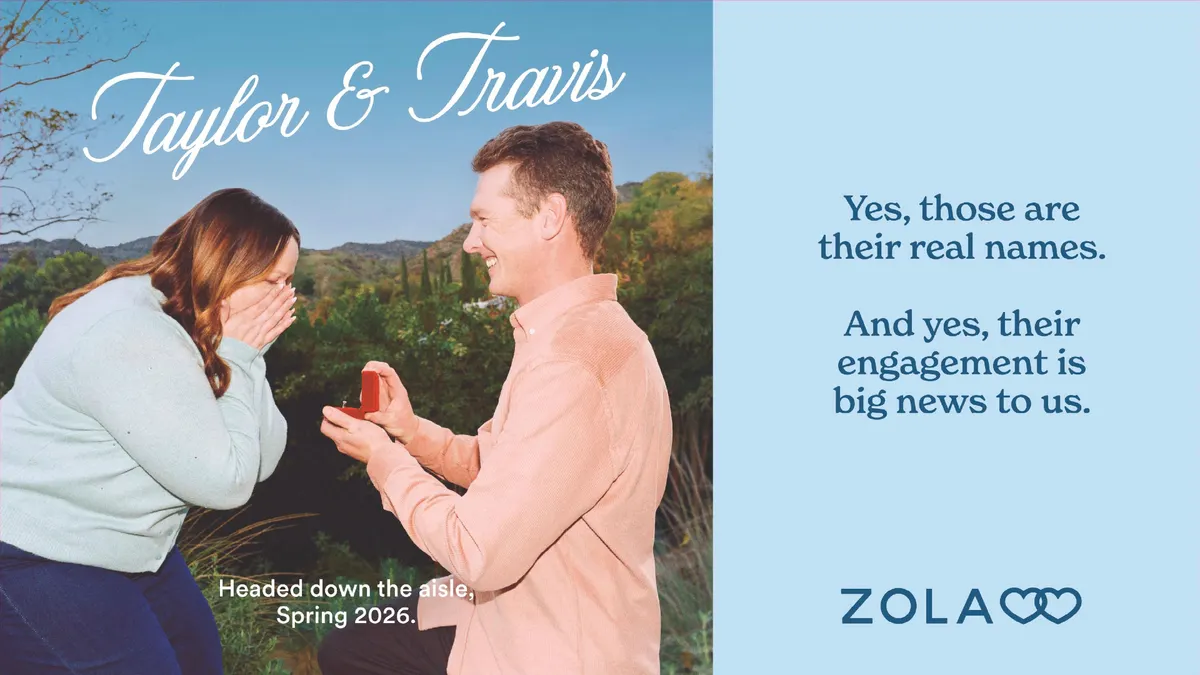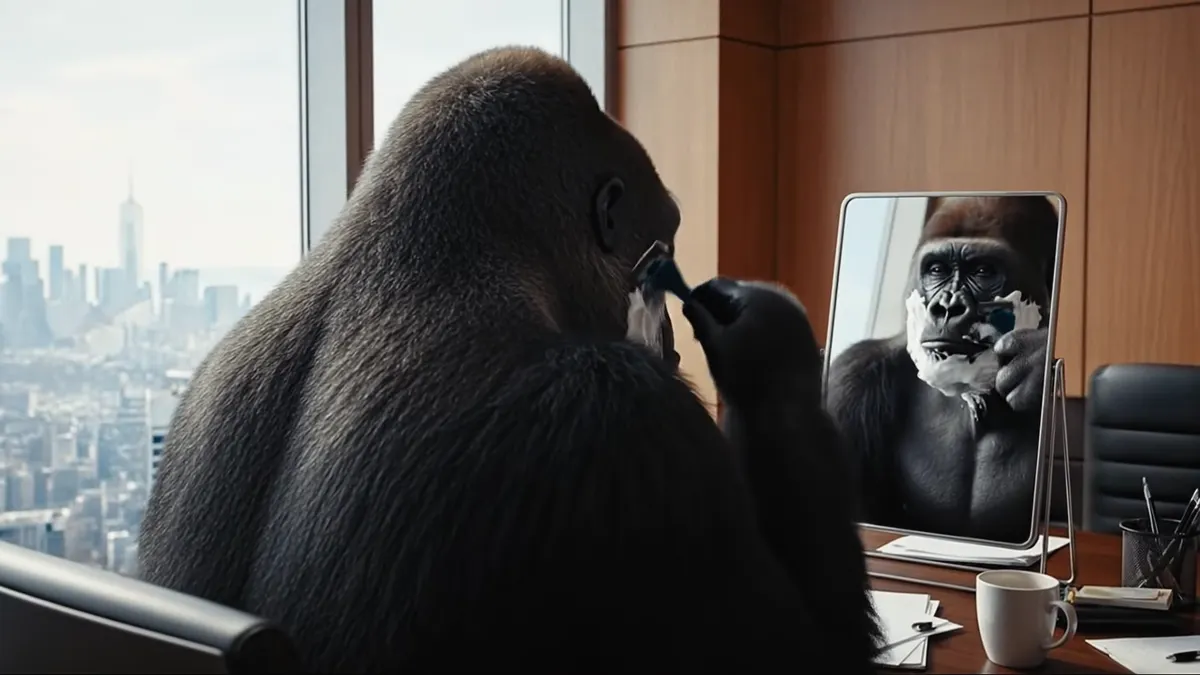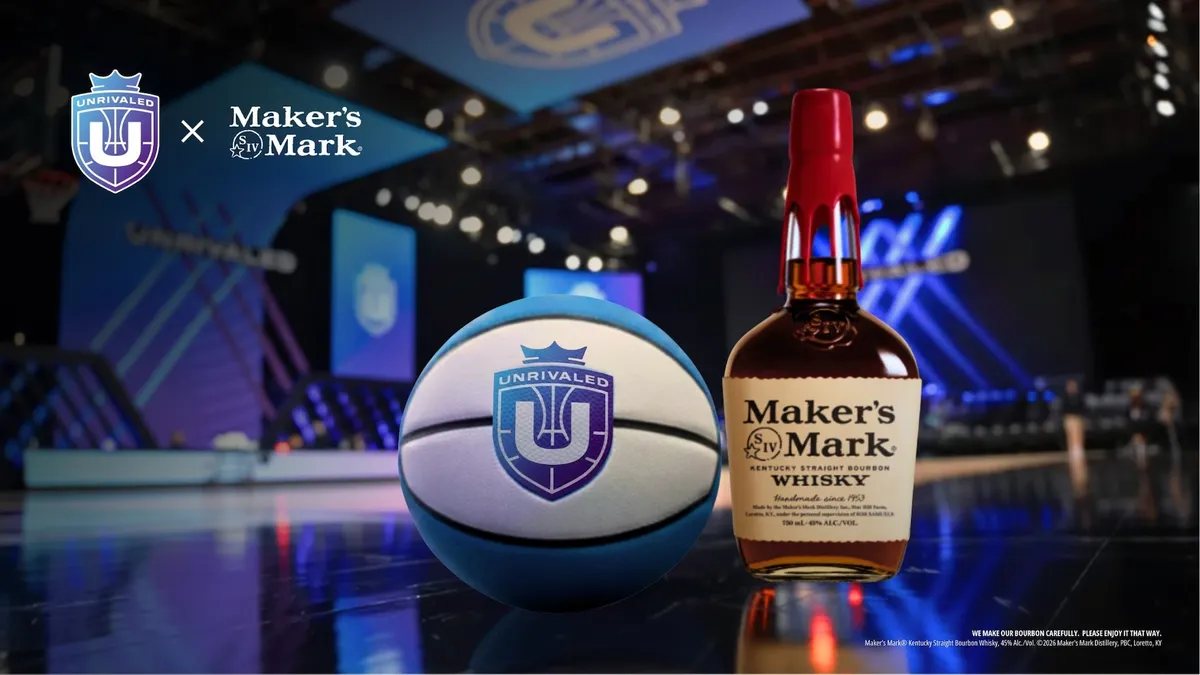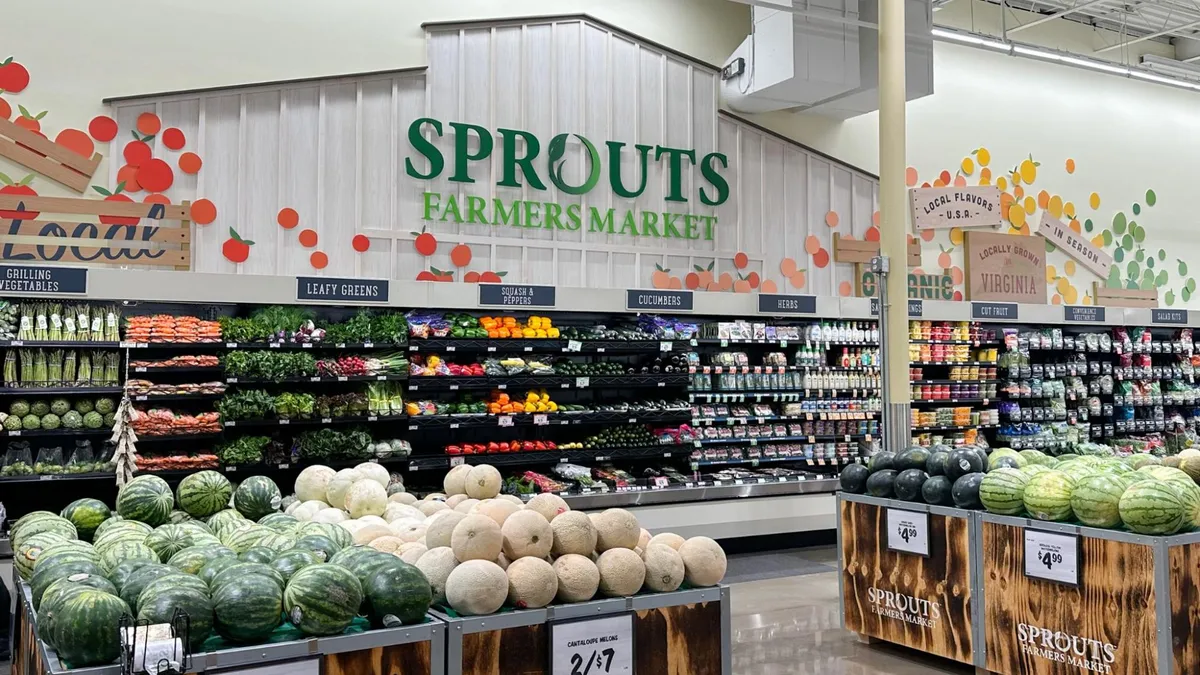NEW YORK — Wendy's in March promoted Carl Loredo to global CMO after nearly four years in the U.S. chief marketer role and more than seven years at the QSR burger chain. During his tenure as U.S. CMO, Loredo helped Wendy's weather the storm of the pandemic and unseat Burger King as the #2 burger chain in the country.
But when asked during an Advertising Week New York session on Monday for his biggest inspiration, the executive didn't name an ad world titan or business legend, instead quickly noting a figure who has captivated the worlds of marketing and pop culture at-large: Taylor Swift. In conversation with Yahoo! Finance reporter Brooke DiPalma, Loredo explained that the pop star's latest efforts speak to how Wendy's seeks to turn its customers into brand fans.
"I look at what Taylor Swift's done… Talk about a lot of work: a three-hour show, rain or shine. We have all seen the images of her, sweating, covered in water from rain — she's out there giving it her all," Loredo explained. "That's what's creating fandom is… To me, she is the definition of understanding the consumer, creating art and work that lines up to what that consumer needs, and then just going after it all."
Wendy's is applying what it has learned about consumer needs during a period that Loredo joked isn't all "roses and unicorns" but marked more by inflation, COVID-related issues and high interest rates.
"There's no doubt that a challenge is out there, but for the right brands with the right engagement with consumers offering up the best experiences possible, we're still seeing folks show up," he said. "We feel really fortunate at Wendy's that the way we measure whether we're doing a great job, whether it's advertising that's out there, the foods we offer, the experience you get when you walk into Wendy's, ultimately, it's about are more people coming this year then came last year. We feel great about where we sit with traffic."
Still, the effects of inflation and consumer choices at a time when food prices are skyrocketing cannot be overstated. Loredo said the battle between Wendy's and other, unnamed QSR burger chains is a tough one — as it has been for years.
"There's a lot of conversation in the [QSR] space about a value consumer and a premium consumer. That consumer is a human being that acts different on different occasions," Loredo said, noting that consumers' presence at a QSR is largely based on being out-and-about and having disposable income. "When things are a little bit more challenging, then you’ve got to find ways to help consumers get there."
As an example of helping consumers get through challenging economic times, Loredo pointed to the introduction of the 4 for $4 value menu, which resonated with consumers to the point that some got tattoos commemorating the deal. Forging that kind of personal connection around culture has been an imperative for brands — especially for QSRs — for years, something Wendy's has done by embracing everything from "Rick and Morty" to the metaverse.
This year, the chain jumped on the nostalgia bandwagon by teaming with rapper-singer T-Pain to remake his 2007 hit “Buy U a Drank” into "Buy U a Frosty," turning organic influencer interest into an entire digital program. But even as rival McDonald's turned consumer memories about birthday parties into a revenue driver for the chain, Loredo is wary about utilizing nostalgia for nostalgia's sake in marketing.
"There's certainly a place for it [but] I've also seen brands that have gone there because they haven't figured out what the modernization of their work looks like," the exec said. "That's the balance, right? What you're not seeing is us hung up on nostalgia and running it on the same old platforms."
For Loredo, striking the right balance on nostalgia is like any other marketing strategy. He described Wendy's as a scrappy, competitive brand that has to outthink its competitors because it can't outspend them. Even as it holds onto its #2 burger chain ranking, keeping the mindset of a challenger brand is necessary in a space that is only getting more competitive.
"Misattribution is a giant challenge within QSR because we all sell hamburgers. There's a lot of two-for-five offers out there, and there's someone that is mostly yellow that advertises a lot more than us, so the risk we run is that people go there instead of us," Loredo said. "At the end of the day, I love to create [great work] but it's all about selling."


